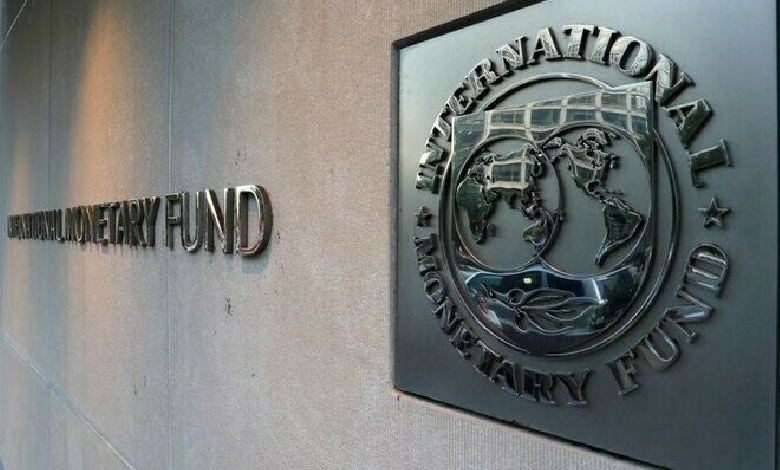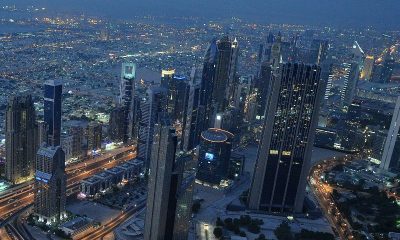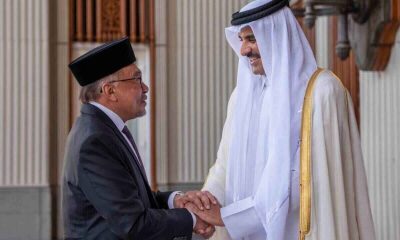The Gulf Cooperation Council (GCC) countries are experiencing healthy non-oil development, as per an International Monetary Fund report. Despite global risks and unfavourable conditions, the growth is being driven by increased investment and capital flows.
Saudi Arabia and the UAE have been leading the non-oil sector development in the region. The IMF report highlights that the Kingdom’s non-oil Gross Domestic Product (GDP) experienced an average growth rate of roughly 4.5% in the first half of 2023.
Non-Oil Sector Growth In GCC Countries
The spike recorded in Saudi Arabia is mainly due to private non-oil activities. Meanwhile, neighbouring Emirates also reported a sizeable growth of 5.9% during the same period, propelled by robust domestic demand.
Non-oil activity in Qatar experienced significant growth last year, reaching 6.8%. The development was driven by sectors such as tourism, hospitality and construction, amid the hosting of the World Cup also luring in advantages.
But the Fund expects the growth to moderate to a more normal 2.5%. This moderation is likely to be primarily driven by investments in public projects and the expansion of the North LNG field project. Non-oil growth in Bahrain and Kuwait has slowed. In Oman, it stands at 2%.
Inflation In Gulf States
The IMF predicted that Saudi Arabia and the UAE would lead the growth of the non-oil sector in the current period. In addition, the report indicated that inflation in the GCC countries remained in 2022 well-managed, averaging around 3.3% year-on-year.
Read More: Qatar-based Study Highlights Rare Side Effect Of COVID-19 Vaccine
The UAE, Qatar and Bahrain recorded the highest increases in inflation. Oman saw the lowest growth, and Saudi Arabia reported a drop towards the end of the year. Real estate prices in Dubai were rising rapidly, while they remained relatively low in the Kingdom.






















